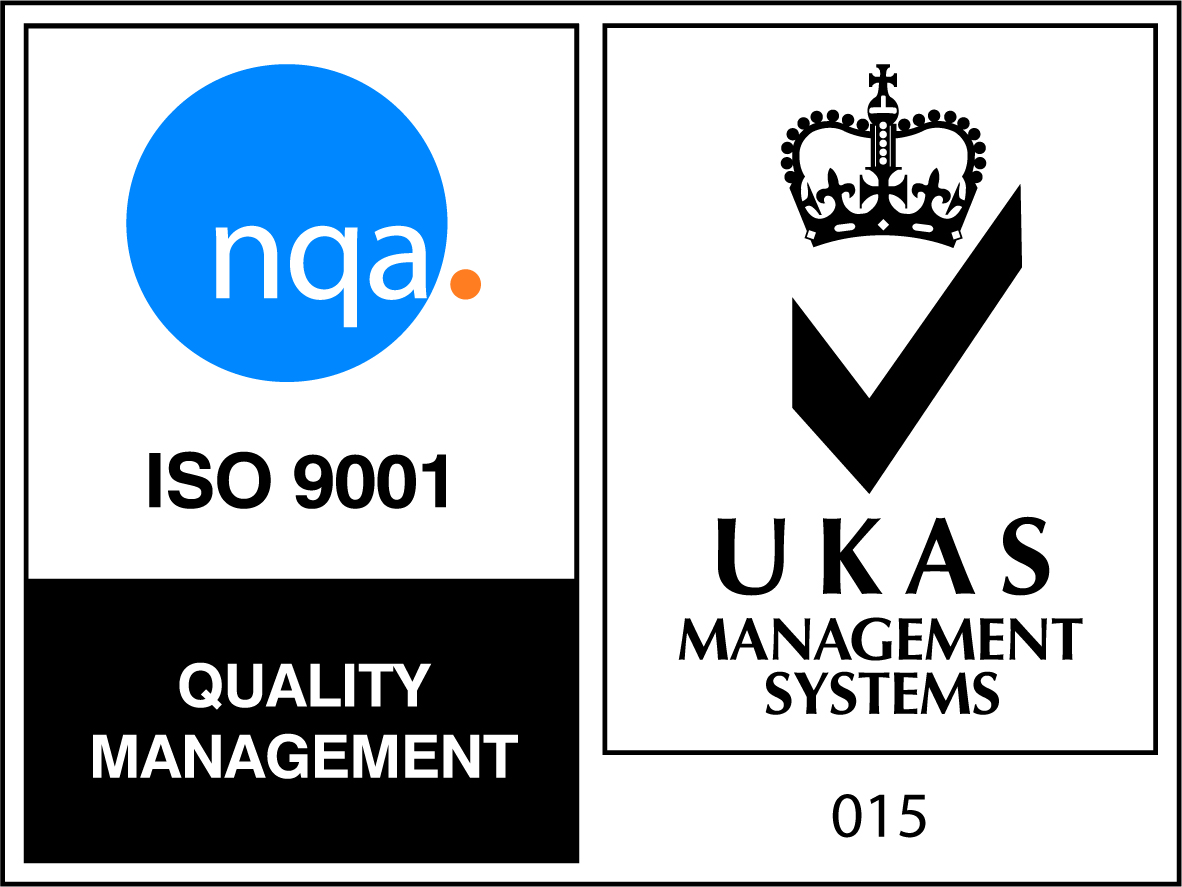What is the difference between HTQs and HNCs? In-Comm Training explains
As a vocational qualification, apprenticeships play a vital role in nurturing talent and fostering expertise in the manufacturing and engineering sectors. These programs offer a structured pathway for individuals to acquire essential skills across various fields such as toolmaking, robotics, and technical maintenance, providing hands-on experience under the mentorship of seasoned professionals.
For many manufacturing and engineering businesses, apprenticeships are a crucial method for acquiring and training talent, helping to address recruitment challenges related to the skills gap while preparing the next generation of industry professionals. Various vocational qualifications are available through apprenticeships, including Higher Technical Qualifications and Higher National Certificates.
Understanding Current Higher National Certificates (HNC)
Currently, the Higher National Certificate (HNC) is a level 4 vocational qualification that takes one year to complete full-time or two years part-time. A popular choice among UK school-leavers, it offers a fast-track route to a career in manufacturing and engineering, among other sectors. Focusing more on the practical aspects of a trade rather than theory, HNCs are ideal for learners looking to save time and money on lengthy degrees while gaining on-the-job training. Their streamlined nature allows employers to tailor training around core job skills, helping to efficiently prepare future workers.
Understanding Upcoming Higher Technical Qualifications (HTQs)
Higher Technical Qualifications (HTQs) are level 4 and 5 qualifications, including Foundation Degrees, Higher National Diplomas, and Higher National Certificates. These qualifications can be accessed after completing A-Levels or an engineering level 3 apprenticeship, and are ideal for individuals looking to further hone their skills or are seeking to retrain in a new sector. Typically lasting between one and two years full-time, part-time and distance learning options are available, alongside modularised learning. Modularised learning enables learners to build credits up over time to gain the full qualification or allows for shorter interventions on skills-targeted units.

What is the difference between HNCs and HTQs?
Where HNCs are mostly workplace-based vocational qualifications, HTQs are mostly taught in a classroom environment such as universities, colleges, or independent training providers. HTQs don’t typically involve industry placements, but some courses offer opportunities to learn practical skills in workshops or simulated workplaces. Where HNCs typically involve more practical learning, HTQs are a suite of academic qualifications which have been approved against the employer-led Occupational Standards.
HNCs and HTQs at In-Comm
To ensure we offer the most relevant academic qualification to our learners, we will be delivering HTQs from September 2024, with apprenticeships offered at level 4 and above containing Higher Technical Qualifications in the form of the new Higher National Certificates for England. Marking a shift towards enhanced occupational standards in vocational qualifications.
Apprenticeships with In-Comm
There are plenty of manufacturing and engineering apprenticeships to choose from with In-Comm training, popular programmes include Toolmaking, Product Design, Machinery Technicians, Health and Safety, and more which can be explored on our apprenticeships page. Throughout their time with us, apprentices will be supported by employers. They will have access to our world-class training facilities in Telford and Aldridge, which houses the latest CNC machining, tooling, fluid power, metrology and 3D Printing technology, future-proofing skills for years to come.
Discover more about Apprenticeships with In-Comm by downloading our simple guide to apprenticeships.
At In-Comm we’re committed to investing in the training and development of manufacturing and engineering professionals, preparing individuals for successful careers, but also contributing to the ongoing advancement and innovation within the industry. Whether you are a young individual starting your career or an adult looking to upskill, our apprenticeship programs offer valuable opportunities to grow and excel in manufacturing and engineering.
If you want to hear more about how an apprentice could support your business, book a 1-2-1 with a business advisor.


